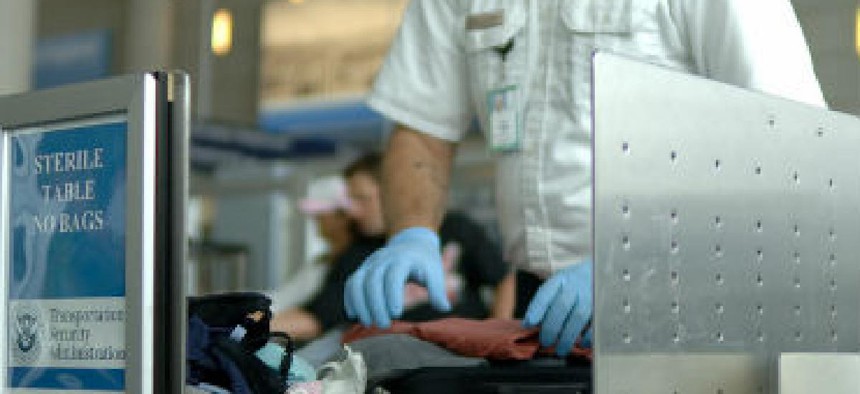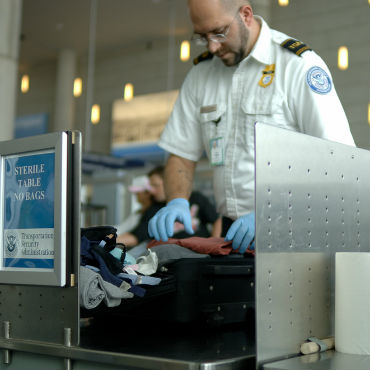TSA shows progress on acquisitions

Lawmakers see signs of maturity in the Transportation Security Administration's acquisition process, but challenges remain.

The Transportation Security Administration is implementing a year-old law that increases oversight of the agency's technology procurement.
Federal watchdogs say the TSA Reform Act is beginning to make the agency's acquisition program more open and forward-looking. However, some lawmakers on the House Homeland Security Committee's Transportation Security Subcommittee said the agency is at risk of becoming too set in its ways.
"My concern with TSA is that it has signs of having an entrenched bureaucracy," said Rep. John Katko (R-N.Y.), the subcommittee's chairman.
Rep. Kathleen Rice (D-N.Y.) said she was concerned that small businesses could be locked out of research and development opportunities because of difficult communications in the agency's acquisition process. "There is a level of vendor frustration," she said.
The reform act was meant to address those concerns, particularly in light of TSA's procurement of passenger-screening systems a few years ago that required immediate modification or were almost obsolete when they were deployed. Among other oversight requirements, the act compels TSA to consult with Congress before entering into any security-related technology contracts for acquisitions over $30 million, and officials must justify the contract costs.
In a report released at the hearing but compiled in the past year, the Government Accountability Office praised TSA's progress in adopting more open acquisition processes for technology used to screen people and baggage for explosives and contraband at the nation's roughly 440 commercial airports. The report states that as of August 2015, TSA had deployed approximately 15,000 units of security-related technology to airports nationwide.
Michele Mackin, director of acquisition and sourcing management issues at GAO, said that in the past year, she has been encouraged by TSA's response to efforts to implement third-party testing of security technology and its attitude in accepting outside suggestions. However, she said those efforts were not initiated internally but only in response to outside inquiries.
TSA representatives told the panel that the agency was working to open up the procurement processes and stimulate vendor innovation.
Jill Vaughan, assistant administrator of TSA's Office of Security Capabilities, said the agency was creating an interoperable architecture for security checkpoints, which would allow smaller, more innovative companies to enter the development arena.
She added that the agency has been seeking to share test plans and make its technology needs known to industry. Officials are also issuing more open notices to industry in search of solutions rather than relying on traditional research and development contracts.
Vaughn, who was previously deputy CIO and deputy assistant administrator in TSA's Office of Information Technology, said she began in her current position only days after the TSA Reform Act was passed.
"This [law] was wonderful," she said. "It helped me put together my design" for technology development.
NEXT STORY: Chaffetz worries about reliance on legacy IT


